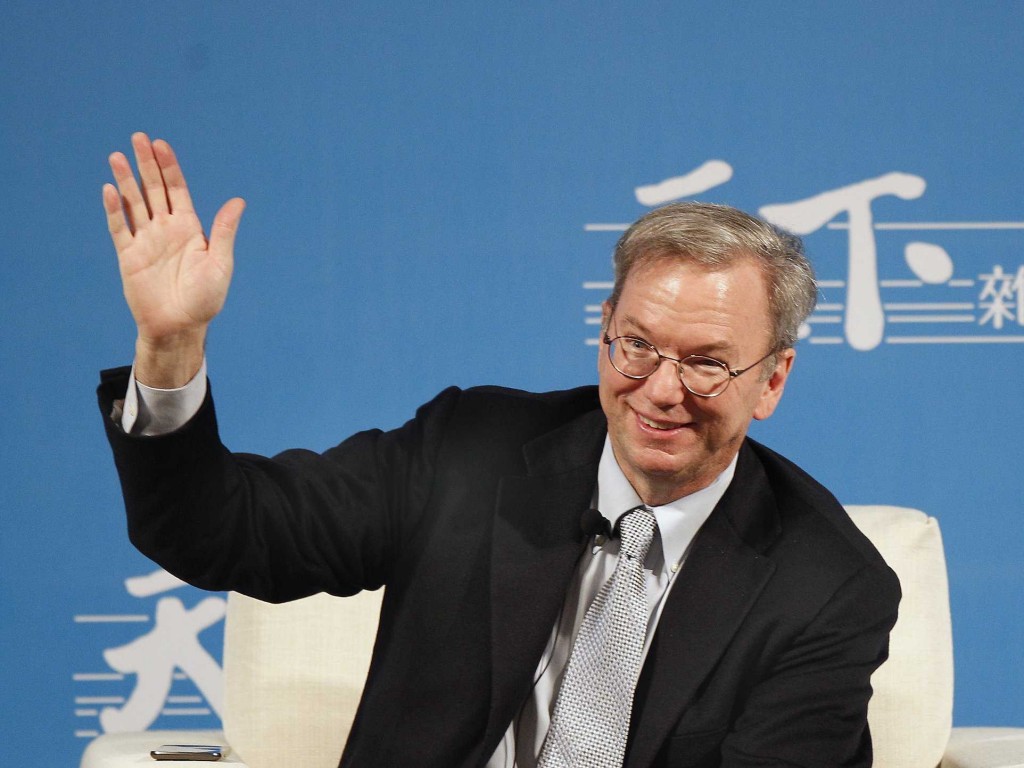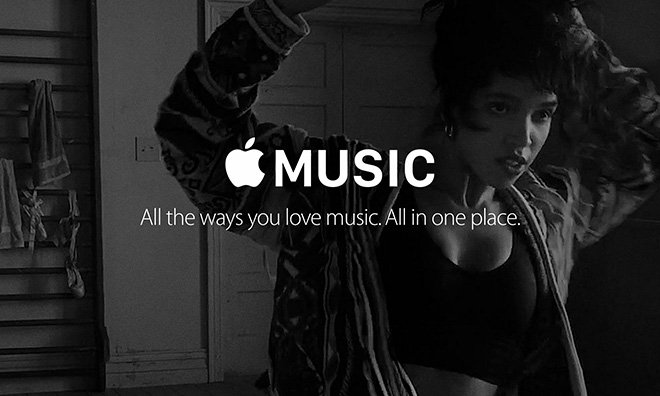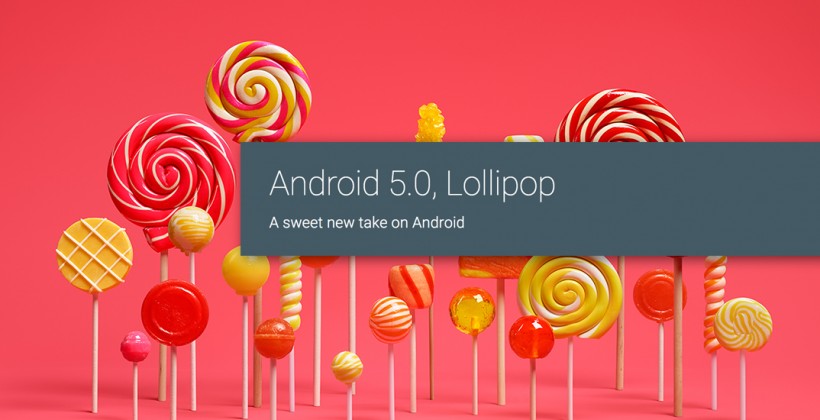Eric Schmidt, chairman of the newly created Alphabet (formerly Google) has taken a swipe at arch-rival Apple, stating that the latter’s new music offering is “a decade out of date.”
Schmidt penned an opinion piece published this past Saturday on BBC News. Titled “Intelligent machines: Making AI work in the real world,” the piece explores artificial intelligence and its applications. Although the article is packed with familiar ideas from Schmidt regarding A.I., a couple of comments appear to take veiled shots at one of Google’s leading rivals: Apple.
“A decade ago, to launch a digital music service, you probably would have enlisted a handful of elite tastemakers to pick the hottest new music” he wrote. “Today, you’re much better off building a smart system that can learn from the real world – what actual listeners are most likely to like next – and help you predict who and where the next Adele might be.”
“As a bonus, it’s a much less elitist taste-making process – much more democratic – allowing everyone to discover the next big star through our own collective tastes and not through the individual preferences of a select few.”
Schmidt isn’t entirely wrong, though it’s a bit self-serving to focus only on the features of Apple Music that fit his argument. He completely ignores the fact that many features of Apple Music are specifically designed to help highlight and draw attention to independent artists.
What the Google chairman also fails to note is that fact that even software can have biases (e.g. algorithms that subtly favor this or that style of music or artist) that were put there by human programmers. Sure, a computer can scan the feeds of humans around the world to determine which new sounds may be rising in popularity, but art isn’t always so well defined and quantifiable.
It’s not that we “need” human curators to guide our tastes, it’s that we trust our fellow flesh-wearers to understand the intangible elements of art and music that software agents still struggle to grasp.
And this may be the key difference between Google and Apple and the relationship each company has with consumers. While Apple continually works to humanize the design and function of its products (in the case of Apple Music and Apple News actually employing human tastemakers) in order to remove any friction from computing experiences, historically, Google’s answer has been to throw math at the problem.





